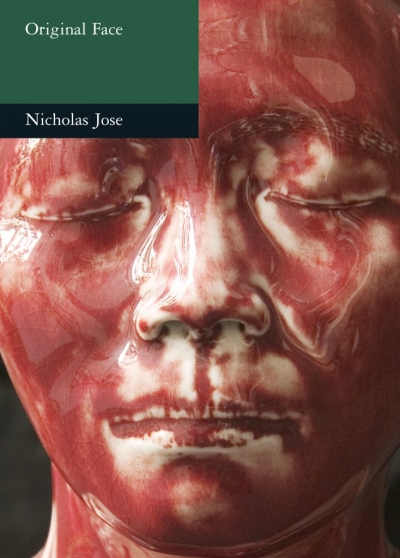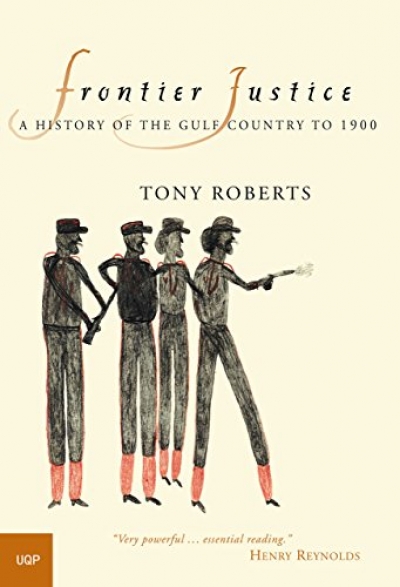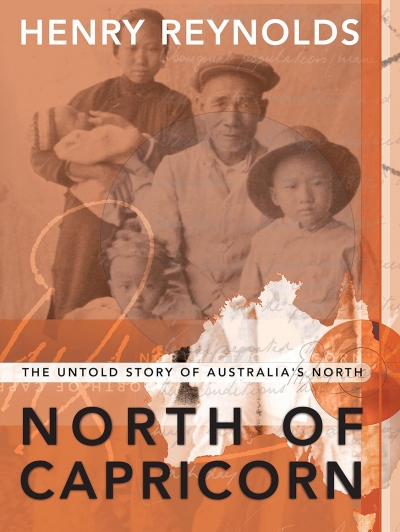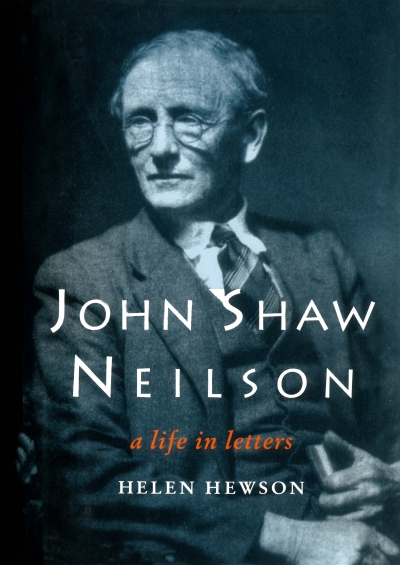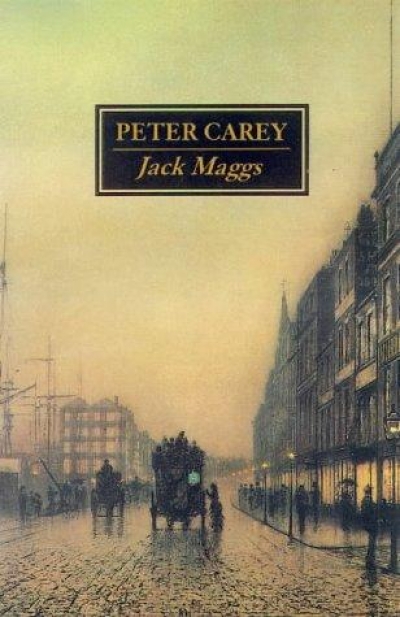Nicholas Jose
ABR welcomes letters from our readers. Correspondents should note that letters may be edited. Letters and e-mails must reach us by the middle of the current month, and must include a telephone number for verification.
... (read more)To celebrate the best books of 2005 Australian Book Review invited contributors to nominate their favourite titles. Contributors include Morag Fraser, Peter Porter, Kerryn Goldsworthy, Nicholas Jose and Chris Wallace-Crabbe.
... (read more)Moving house recently reacquainted me with my books as I handled each one, packing and unpacking, dismantling the shelves from under them, banging the shelves together in the new place and lining up the books in a jumbled vestige of the old order. Books carried round for half a lifetime, books read more than once, books that will never be read, gifts, enthusiasms, bearers of memory and desire. Arranging books is something we all must do, culling and keeping in mysterious ways that reflect ourselves and our circumstances.
... (read more)
